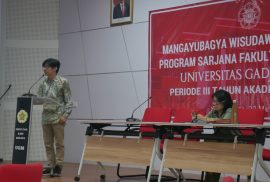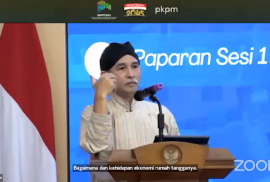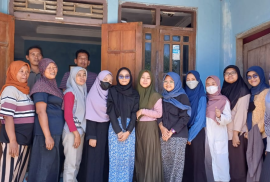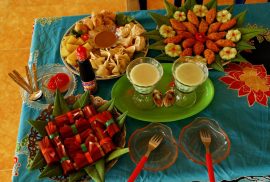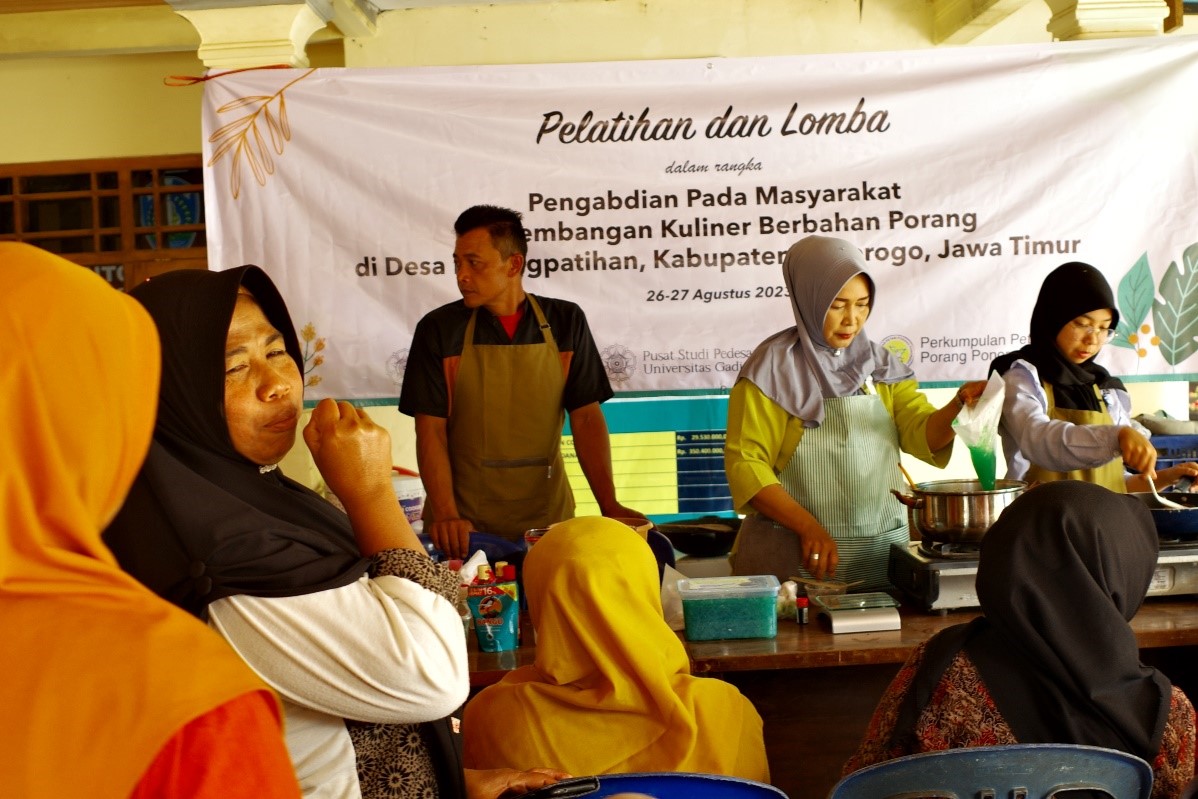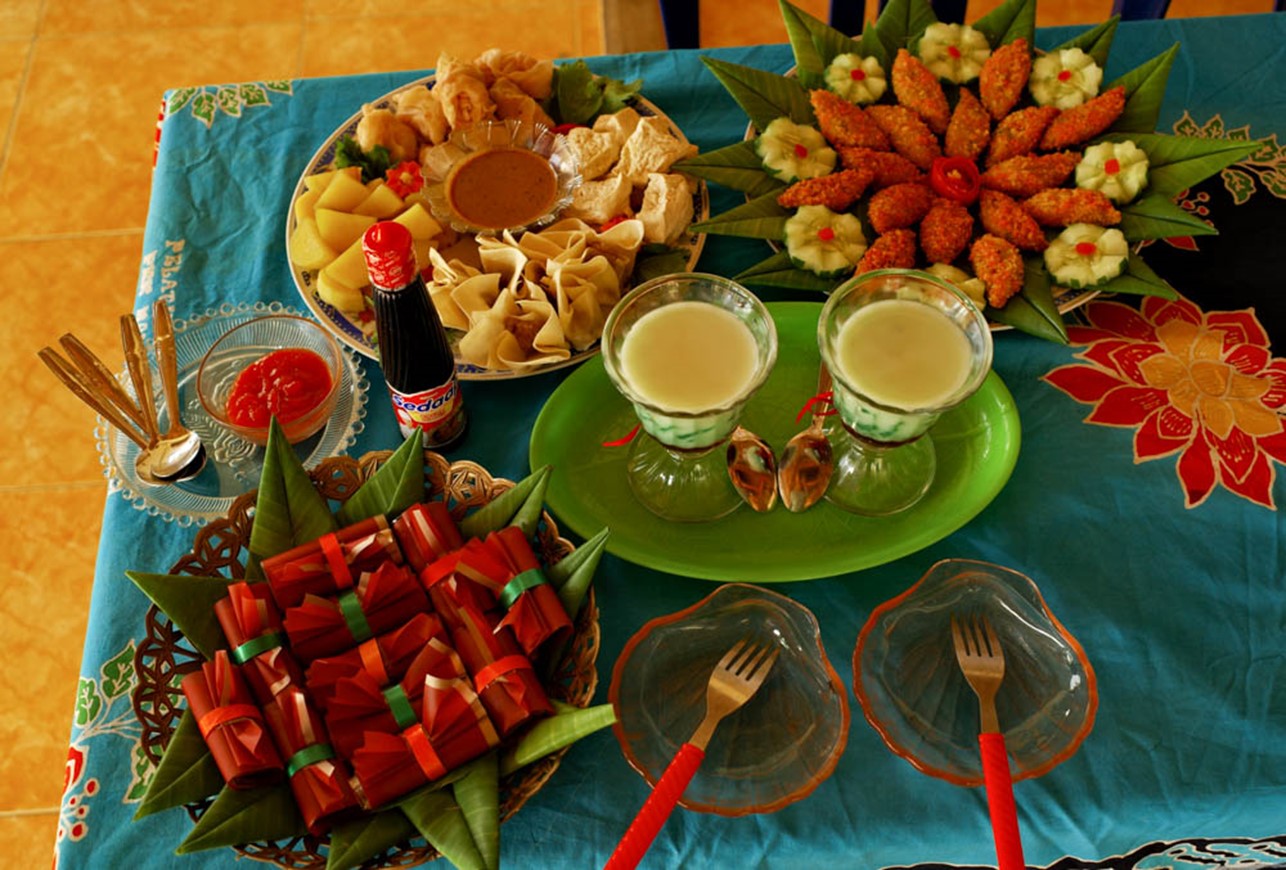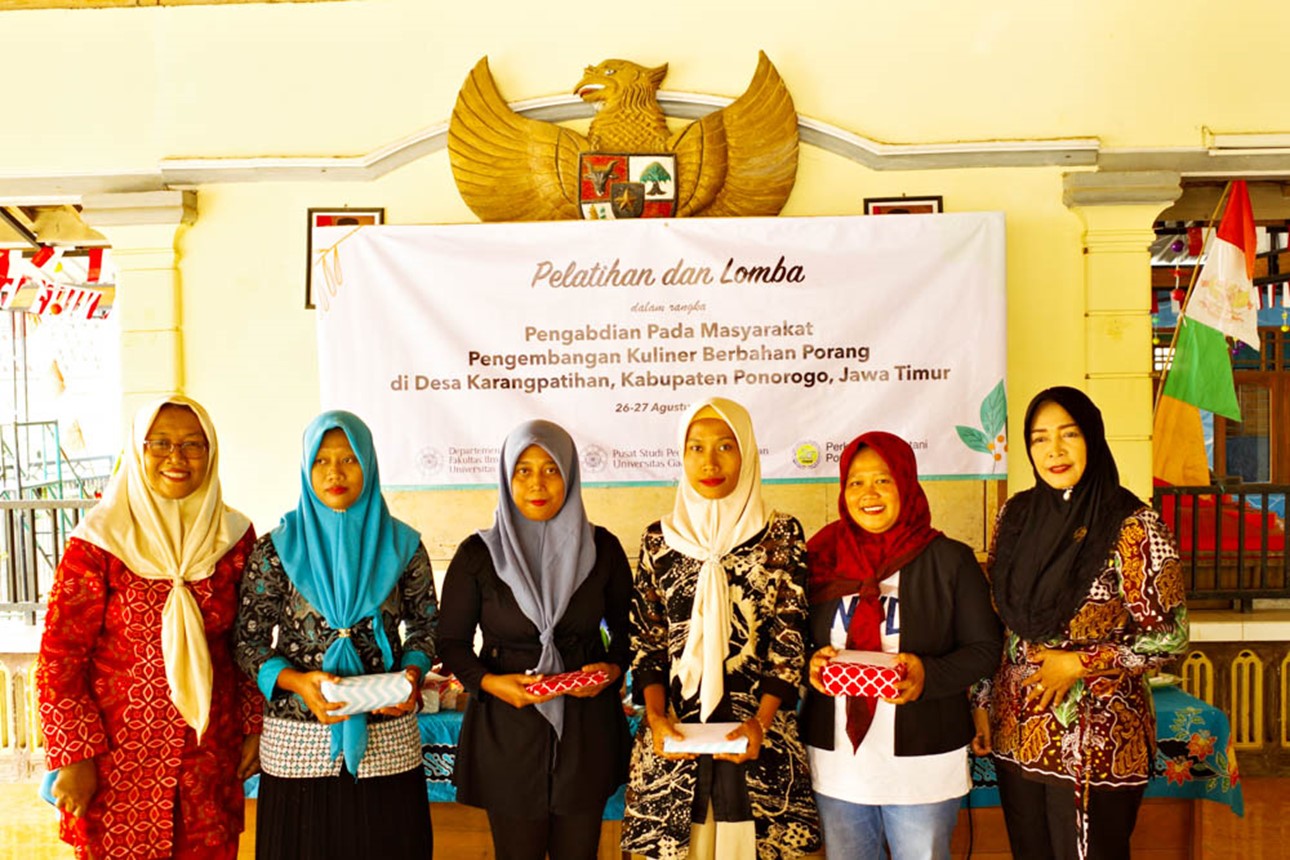Praise to God Almighty, for His blessings and grace we gathered on Tuesday, May 21, 2024, at the Soegondo Auditorium on the 7th floor of the Faculty of Cultural Sciences UGM in good health and happiness, in the context of “Soft Skill Training for Undergraduate Graduation Candidates of the Faculty of Cultural Sciences” Universitas Gadjah Mada, Period III of the 2023/2024 Academic Year. Ferdeo, was the student in charge of guiding the softskill training that afternoon. To start the event, the audience listened to remarks delivered by the Head of the Community Service and Alumni Unit, Dr. Sajarwa, M.Hum. Next, there was also an announcement from the Coordinator of Academic and Student Affairs, Mr. Yusuf Sulistiyo, S.Pi., M.M. Next was the announcement made by the Career Development Center Team, which on this occasion was represented by Mr. Dama Qoriy Arjanto, S.S., M.Sc.
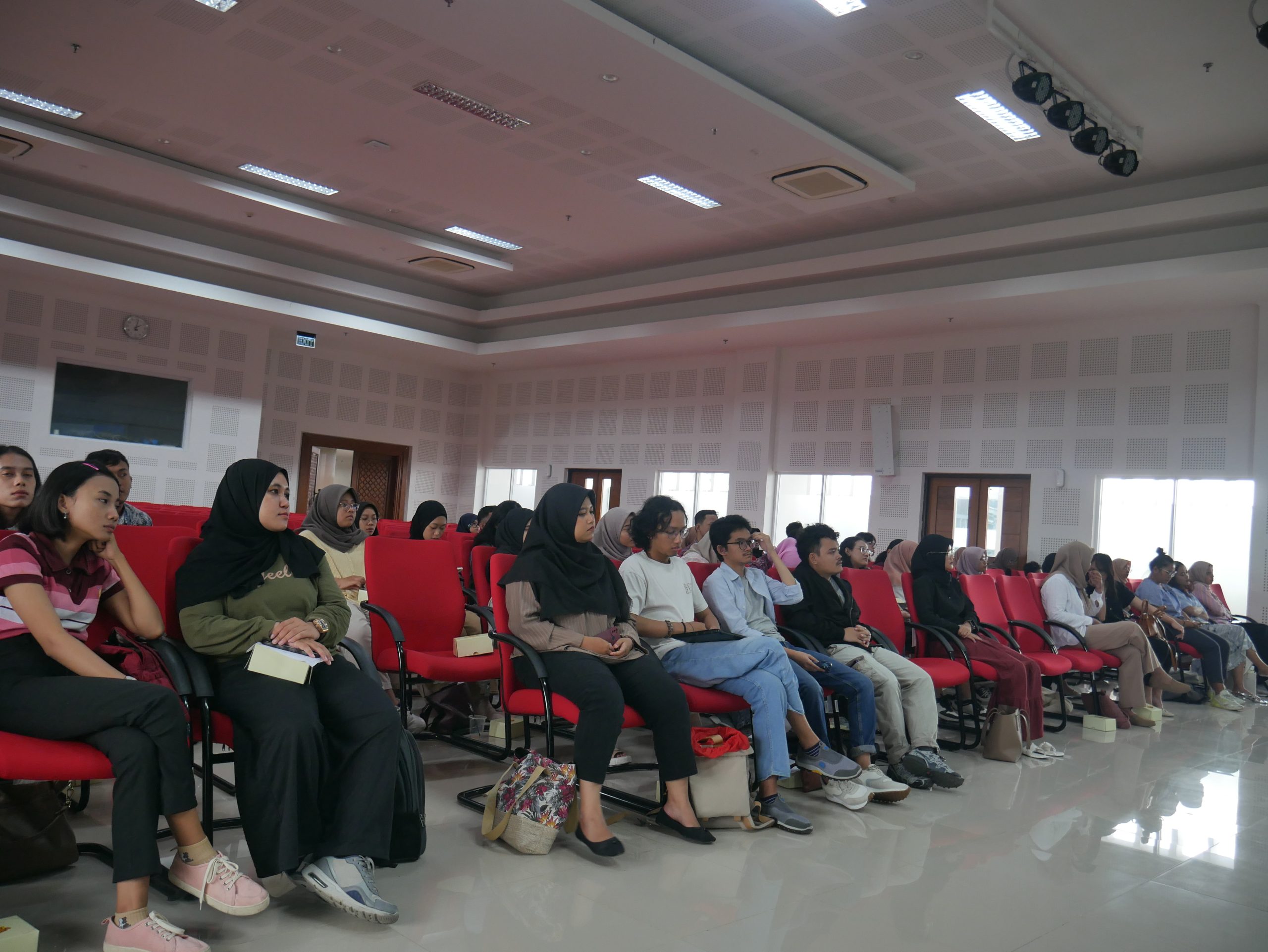
Moving on to the next agenda, the core agenda on that day, namely the debriefing session for undergraduate graduation candidates of the Faculty of Cultural Sciences, Universitas Gadjah Mada, Period III of the 2023/2024 Academic Year. In this session, the event was guided by a moderator, namely Dr. phil. Ramada Akmal, S.S., M.A., who is a lecturer at the Indonesian Language and Literature Study Program. The speaker who filled the session was Mr. Ari Bagus Panuntun, S.S., M.A., who is the owner and founder of the contemporary bookstore “Warung Sastra”, who is also a lecturer in the French Language and Literature Study Program. The session went smoothly and it is hoped that the knowledge that has been shared can be a blessing and useful for all prospective graduates. Amen. Before closing, the event was continued with socialization delivered by the team from Teleperformance.

